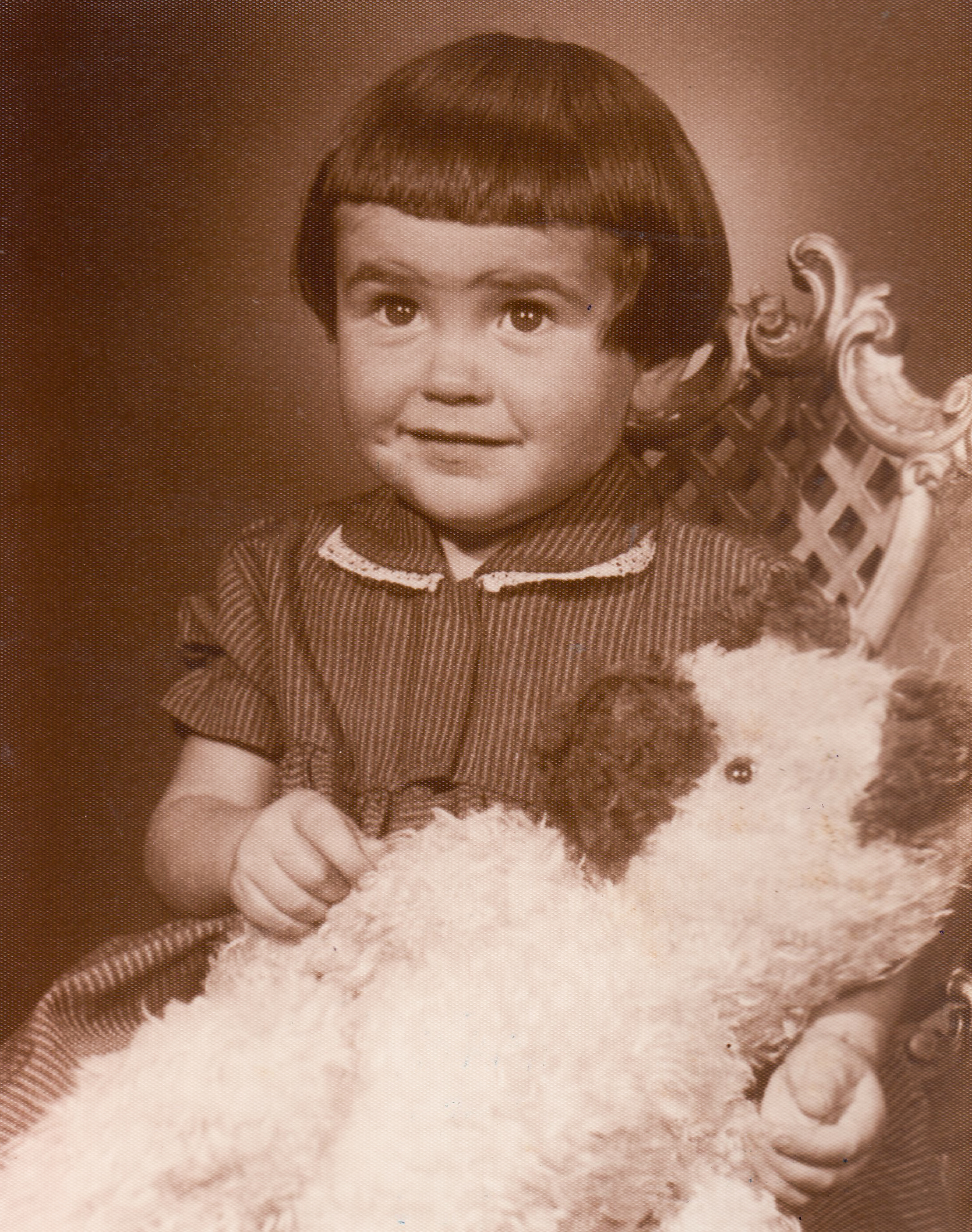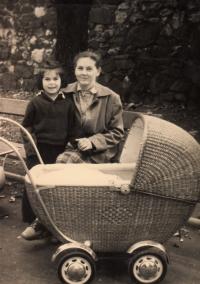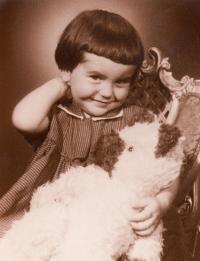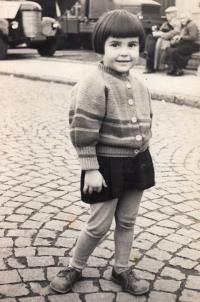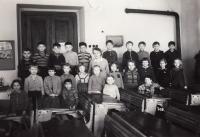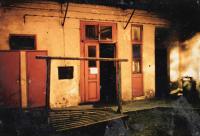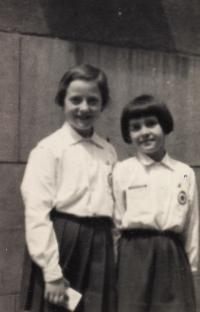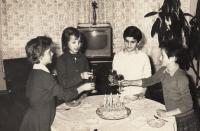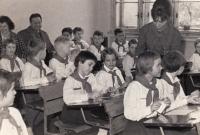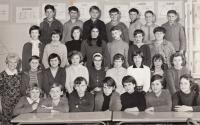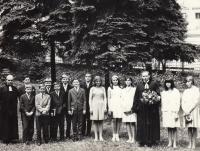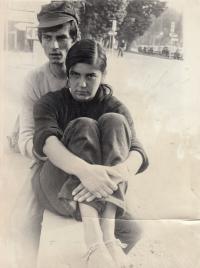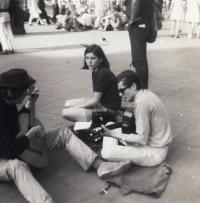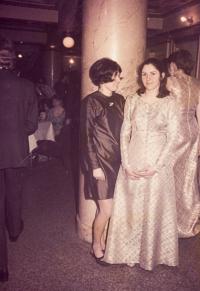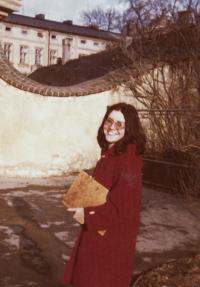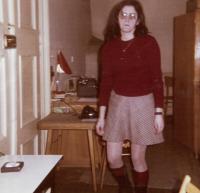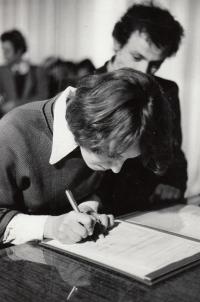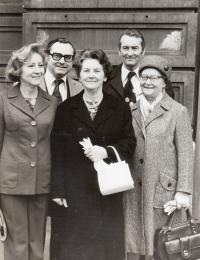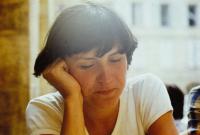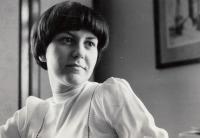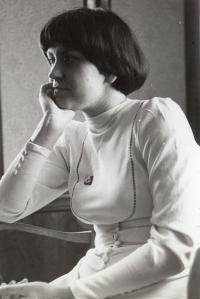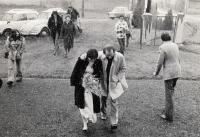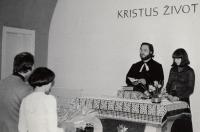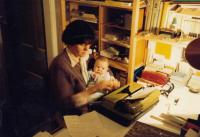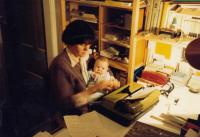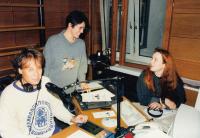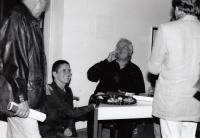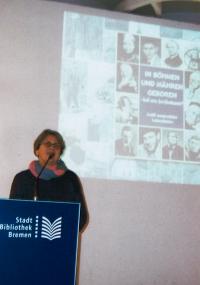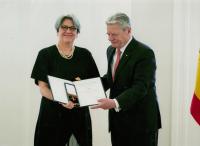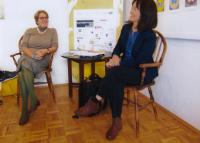Faith strengthens your back
Libuše Černá was born on September 2, 1953, in Prague. From the age of fourteen she was actively engaged in the Church of Czech Brethren and the evangelic youth. Just before her school leaving exam she managed to travel abroad, for a month to France and for two months to London. After her graduation, she was not allowed to study, because of her background, so she started to work in the Academy of Sciences, department of western literatures. In the Academy’s library she got access to a typewriter, on which she copied the illegal samizdats by the end of the 1970s. In 1975 she was accepted for the evening study at the Faculty of Arts, however, the head of the department made it plain to her that he would not let her pass the final exam. It was at that time that she started pondering emigration. In April 1977 she married a man from the West Germany and a few months later she emigrated to Bremen. She completed her university education in Germany and already during her study she started working on the radio, where she spent the next twenty years. She thinks that her major programmes included interviews with Holocaust survivors. She and her husband try to deepen the relations between the Czech and German cultures by organising exhibitions, concerts, theatre performances and an international literary festival. Currently she is the chair of the Bremen Board for Integration.
